University of Minnesota student and faculty senators will submit a proposal to the Senate Consultative Committee (SCC) in early July to discuss a resolution that calls for the University to mandate COVID-19 and influenza vaccines starting in fall 2021.
The resolution, which has more than 150 sponsors, effectively asks the University to overturn its recent decision to not make the COVID-19 vaccine mandatory for University community members. University President Joan Gabel announced the decision to not require the vaccine in a systemwide email on June 14.
Once reviewed by the SCC, the proposal will move to the University Senate floor for discussion.
Dr. Jason Kerwin, a faculty senator and professor in the Department of Economics, co-authored the resolution with Adam Sychla, a third-year graduate student and student senator. Kerwin and Sychla met with representatives from the Office of the President on June 10 to discuss the resolution and still plan to move it forward despite the University’s decision to not require the COVID-19 vaccine.
The resolution asks the University to require the vaccine for all students, staff and faculty within three months of its full approval by the Food and Drug Administration (FDA). Medical and conscientious exemptions, like religious reasons, would be permitted.
The FDA has approved the Pfizer-BioNTech, Moderna and Johnson & Johnson vaccines for emergency use but none of the three vaccines have received full approval.
“Once there is full approval, there will be a three-month window in which people have to get vaccinated and after that it will be mandated,” Kerwin said. “It puts this on the exact same grounds as the four other vaccinations that students are already required to get in order to come to the University.”
Minnesota law requires all students born after 1956 and attending a college in the state to be vaccinated against tetanus, measles, mumps and rubella, with limited exceptions for health and conscientious reasons.
“I think that there is a lot of support for this, and we have endeavored to make this as comparable to the existing vaccination mandates as possible and as accommodating as possible for people who, if you have a legitimate medical concern, you know there is an exemption there,” Kerwin said.
Reasoning behind the resolution
Kerwin and Sychla said they feel it is important to mandate the vaccine for all University community members that are able to receive it in order to protect those who cannot get the vaccine for health or religious reasons.
“That is a major concern that I have — that there are going to be people who simply cannot attend courses or take on really substantial risks for themselves or their family members to do so,” Kerwin said. “And this is why other universities, a huge fraction of our peer institutions, have already mandated vaccines in the same way.”
In her email on June 14, Gabel acknowledged immunocompromised community members, advising them to “work through their campus’ disability resources or human resources teams” to address any safety concerns.
Both public and private universities across the United States are requiring the COVID-19 vaccine for university community members starting in the fall.
Fellow Big Ten schools at the University of Michigan, University of Maryland, Northwestern University and Purdue University will require the COVID-19 vaccine in the fall, barring medical or religious exemptions. Indiana University will require the vaccine but will not require proof of vaccination.
Sychla said that COVID-19 has been an “omnipresent stressor” over the last year for his friends, and that many students will not feel safe returning to campus if the University is not requiring the vaccine.
“Within the mission statement of the University, we are aiming for research, discovery, teaching, learning, outreach and public service,” Sychla said. “Those are core pillars of [the University’s] mission. Any one of these can only happen in a safe and equitable environment.”
Requiring the vaccine would help campus community members feel safer when returning to normal in-person operations, Kerwin added.
“This is all about making sure that everybody has access to a high-quality education at the University of Minnesota, that we can come back to in-person classes and that everybody is able to attend and nobody is excluded because of their health risks or health concerns,” Kerwin said.


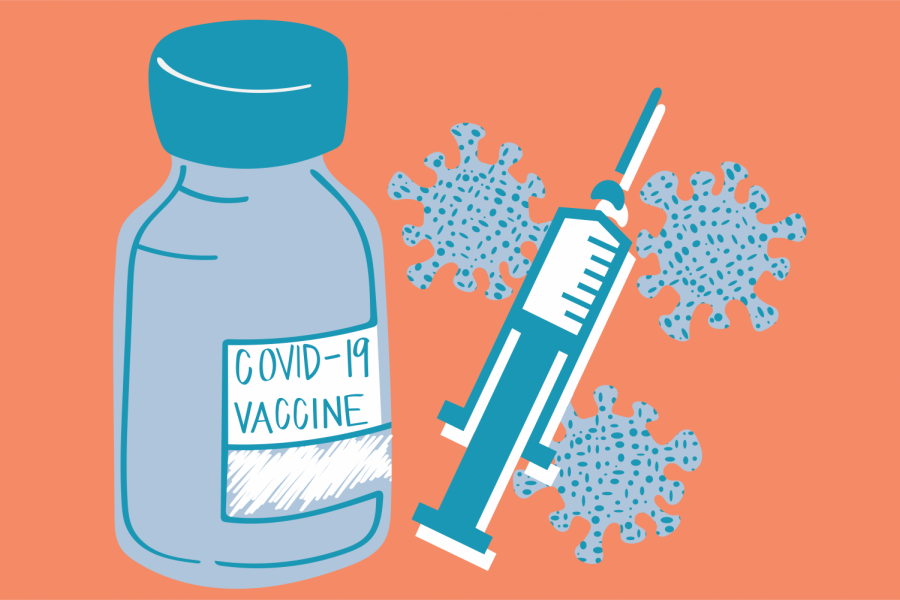






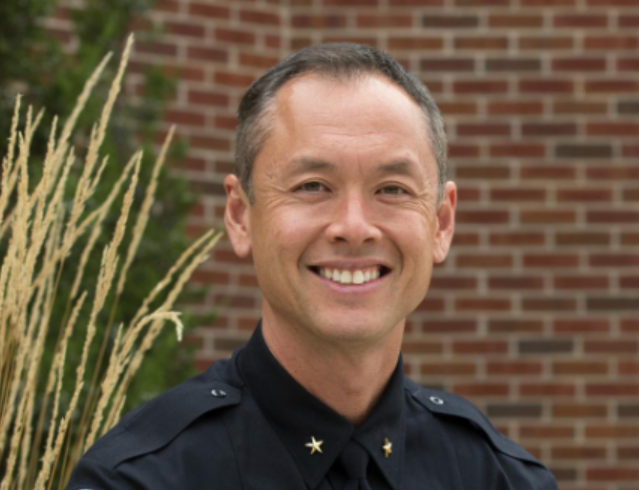
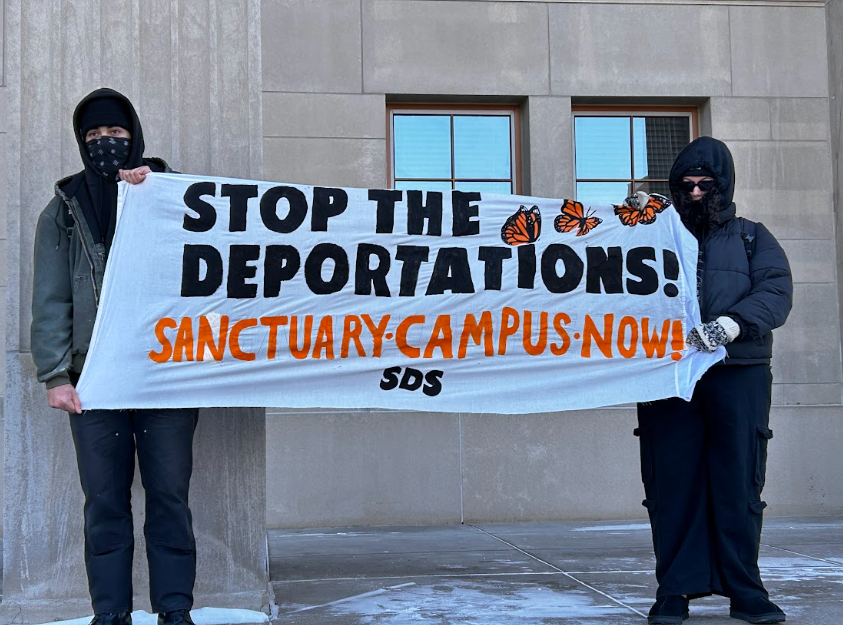
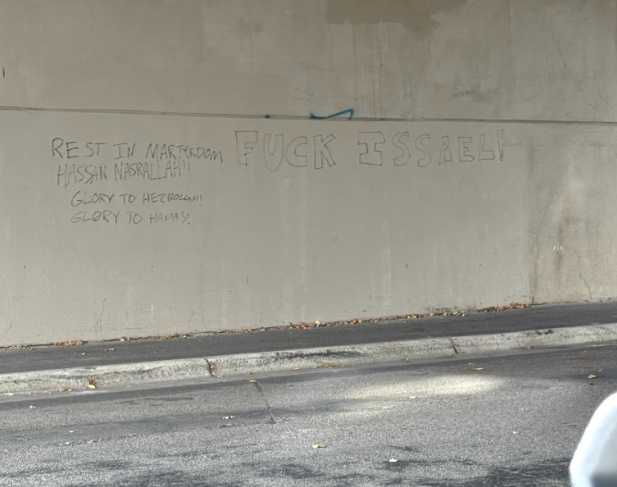


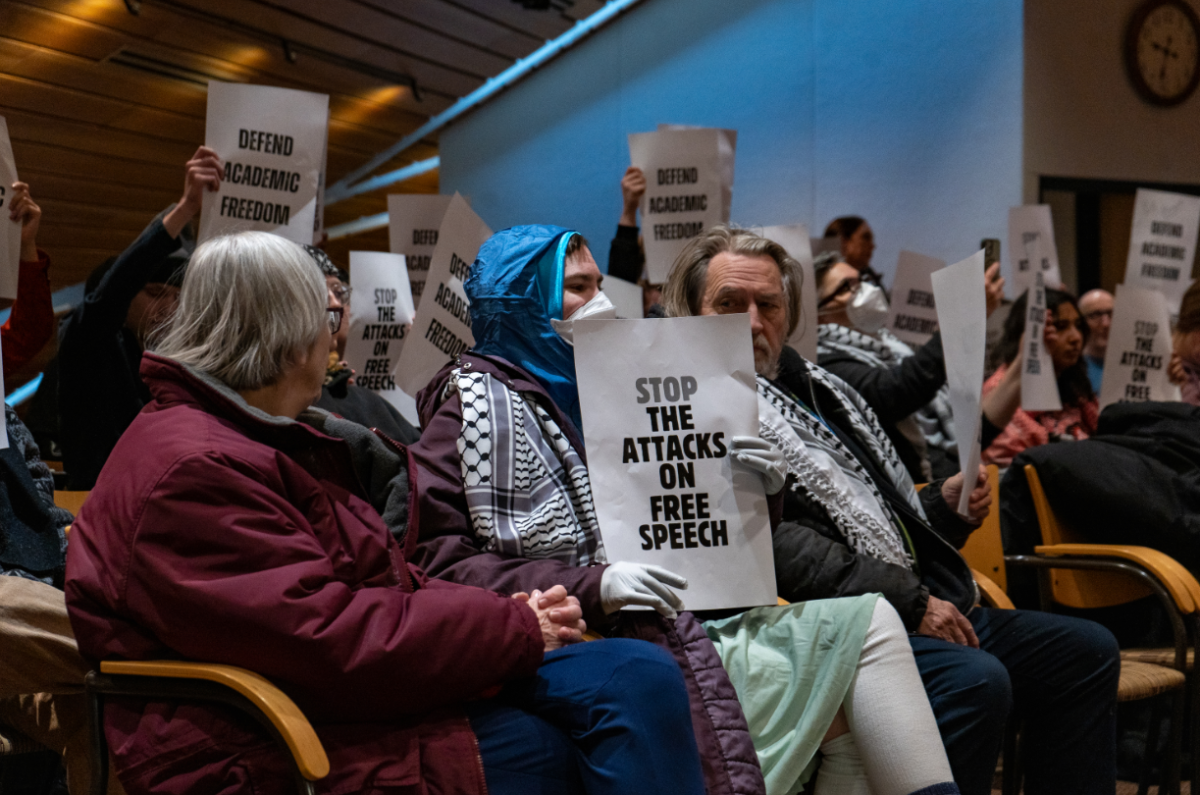
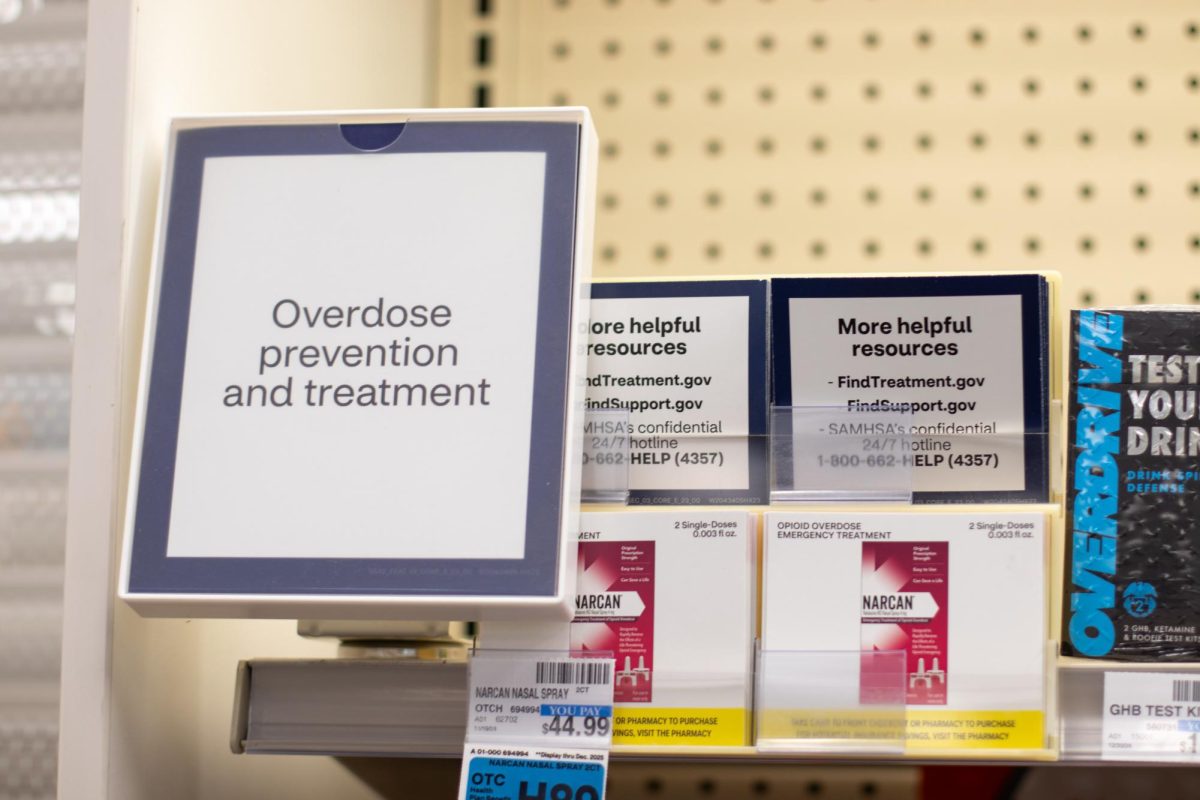

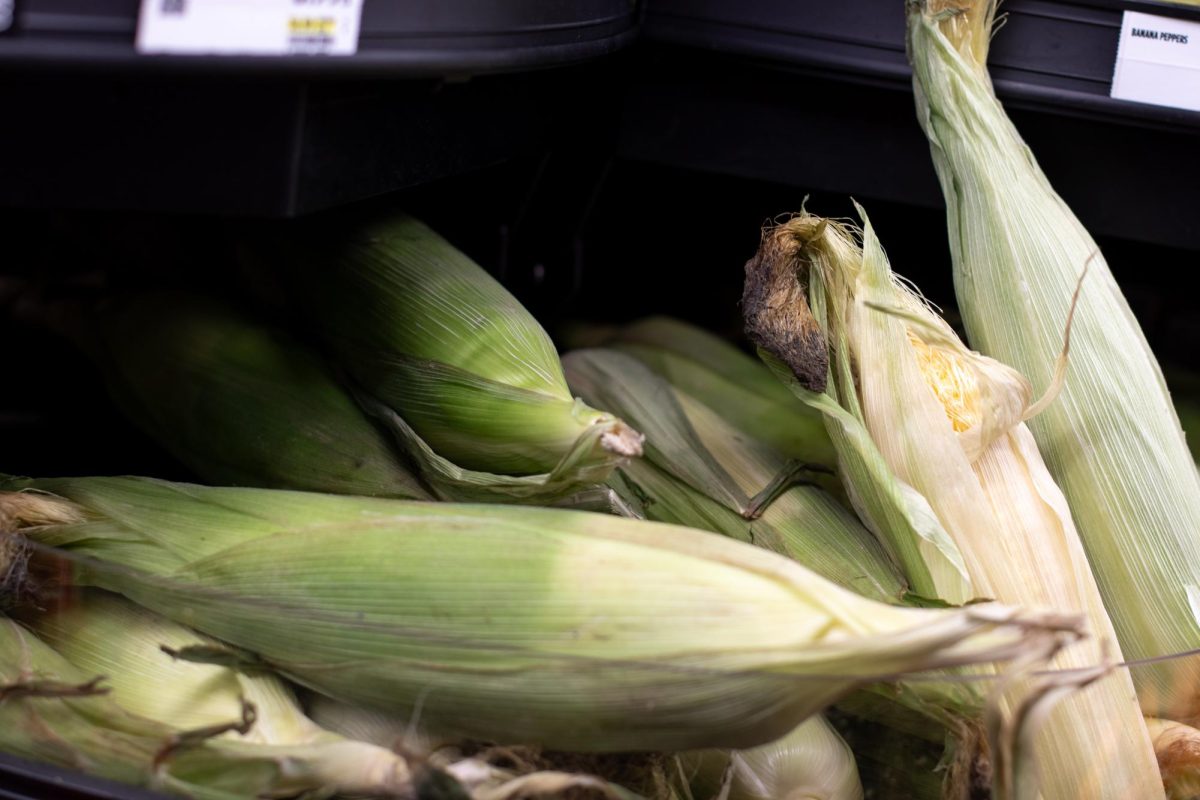

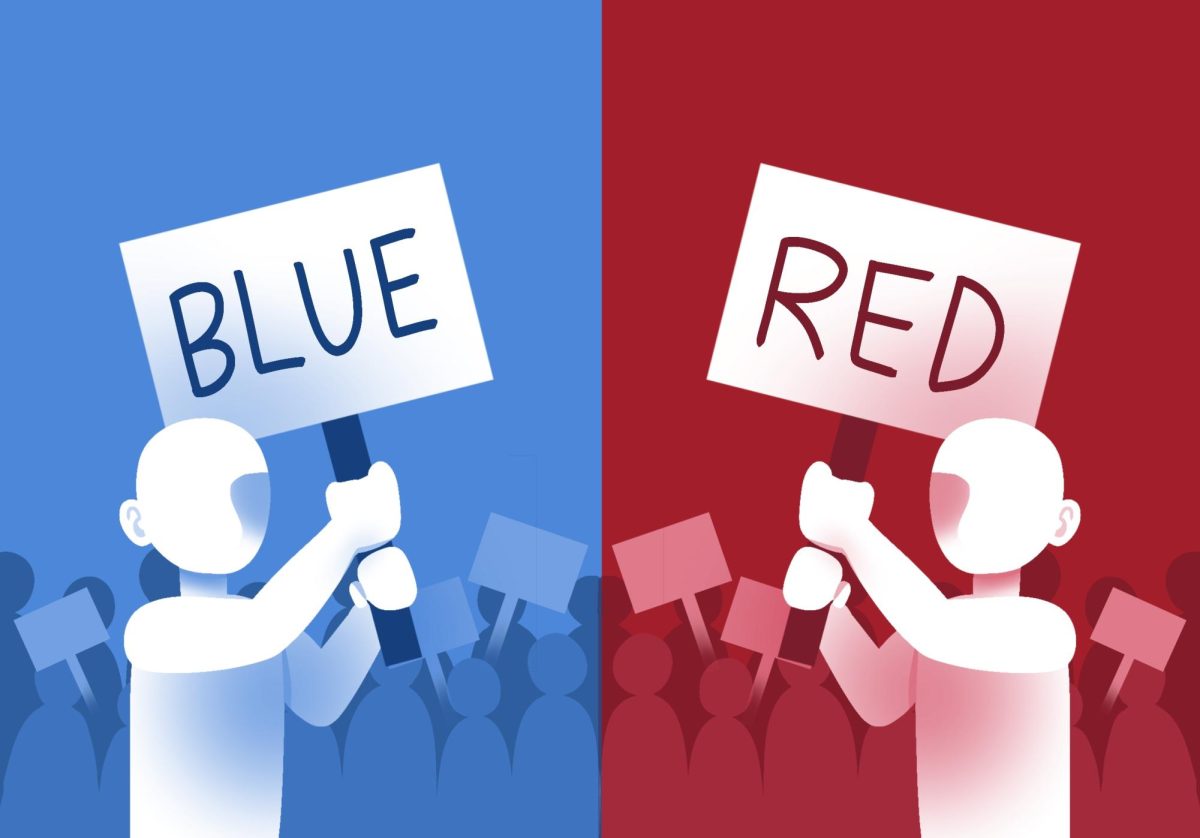
newsposter
Jun 28, 2021 at 3:05 pm
“the science is settled”
Unless an emotional reaction says it isn’t……..